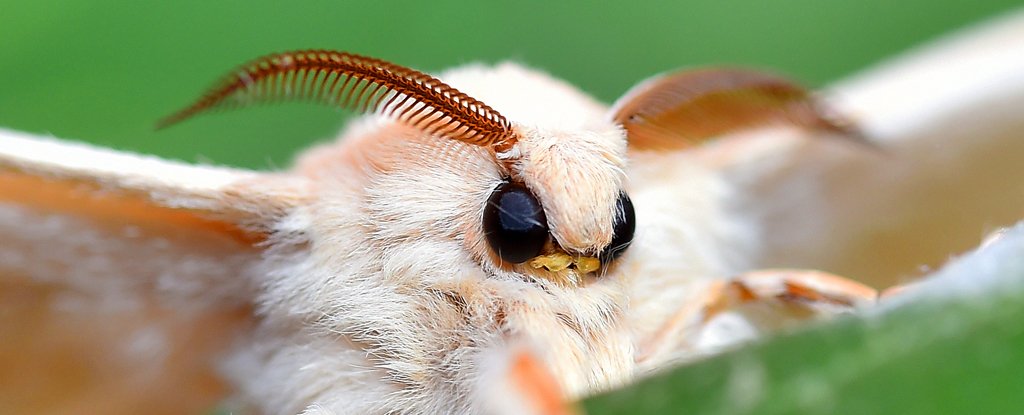Products You May Like
They help us put food on our tables through pollination and nutrient recycling. They break down and dispose of organic waste, and are food for many animals.
As renowned ecologist E.O. Wilson put it, “insects are the little things that run the world”. At least 87 of humanity’s major crops depend on them, but it’s getting harder for insects to survive on our planet. Now, a new study has identified how human-created disturbances interact to make things worse for many insects, from beetles to flies.
Among the problems we’ve caused are the clearing of massive swaths of their natural habitat, introduction of toxic chemicals into their environments, and rising temperatures, all causing widescale declines or changes in species abundance.
Using data on insect abundance and biodiversity for more than 6,000 different locations worldwide, University College London ecologist Charlie Outhwaite and colleagues looked at how changes in insect abundance and biodiversity trended across 20 years with two factors: agricultural intensity and climate warming.
In this study, we use the PREDICTS database to assess the impact of the interaction between land use and climate change on global insect biodiversity. More than 6,000 sites including almost 20,000 insect species were available. pic.twitter.com/vYQPAjbsix
— Charlie Outhwaite (@CharlieLouO) April 20, 2022
They found by far the biggest declines in insect numbers and species richness were in areas of intensive agricultural use that had also experienced large increases in warming over the last 20 years.
We found that in high intensity agriculture that has also seen substantial warming, abundance and richness are reduced by 49% and 27% relative to primary vegetation where there has been little warming. pic.twitter.com/yusvGpdtdf
— Charlie Outhwaite (@CharlieLouO) April 20, 2022
However, when there was plenty of natural habitat, nearby insect declines were dramatically reduced. In areas with three-quarters of natural habitat still intact, the amount of insects dropped only 7 percent on average and the numbers of different species only by 5 percent, compared to 63 and 61 percent in areas with less than a quarter of remaining natural habitat.
“Careful management of agricultural areas, such as preserving natural habitats near farmland, may help to ensure that vital insects can still thrive,” explains ecologist Tim Newbold, also from the University College London.
This includes lowering farming intensity by diversifying the types of crops grown in one area (moving away from monocultural farming) and using fewer pesticides and fertilizers. These actions all provide insects with more safe areas to retreat to during sweltering weather as well as ensure there’s enough food and other resources for them, so they can continue doing the work that we all rely on.
The rest of us can also help by choosing lower-impact products and growing a diverse range of native plants wherever we can.
The researchers found the hardest impacted places were in the tropics and the Mediterranean, where the combination of habitat disturbance and increased temperatures is proving too much for many species to handle. Orchid bees in Brazil have declined by around 50 percent, for example.
Temperate areas, however, have experienced an increase in biodiversity with warming, and not all species are doing worse: other studies have revealed a worldwide increase in freshwater insects.
“Many of these positive trends have been reported in non-tropical regions such as the UK and Europe, where a lot has been done, for example, to improve the water quality of rivers in recent years, following past degradation,” Newbold and Outhwaite explain.
With around 5.5 million species, insects make up around half of all known living things on Earth. This is a massive chunk of all the existing life we know of in the Universe, and we don’t yet fully understand to what extent we’ve messed it up.
“Our findings highlight the urgency of actions to preserve natural habitats, slow the expansion of high-intensity agriculture, and cut emissions to mitigate climate change, ” says Outhwaite.
The combined effects of climate change and biodiversity loss, which are two sides of the same coin, “mean the health, wellbeing and livelihoods of many people in the tropics and beyond are hanging in the balance”, the researchers conclude.
Their research was published in Nature.
